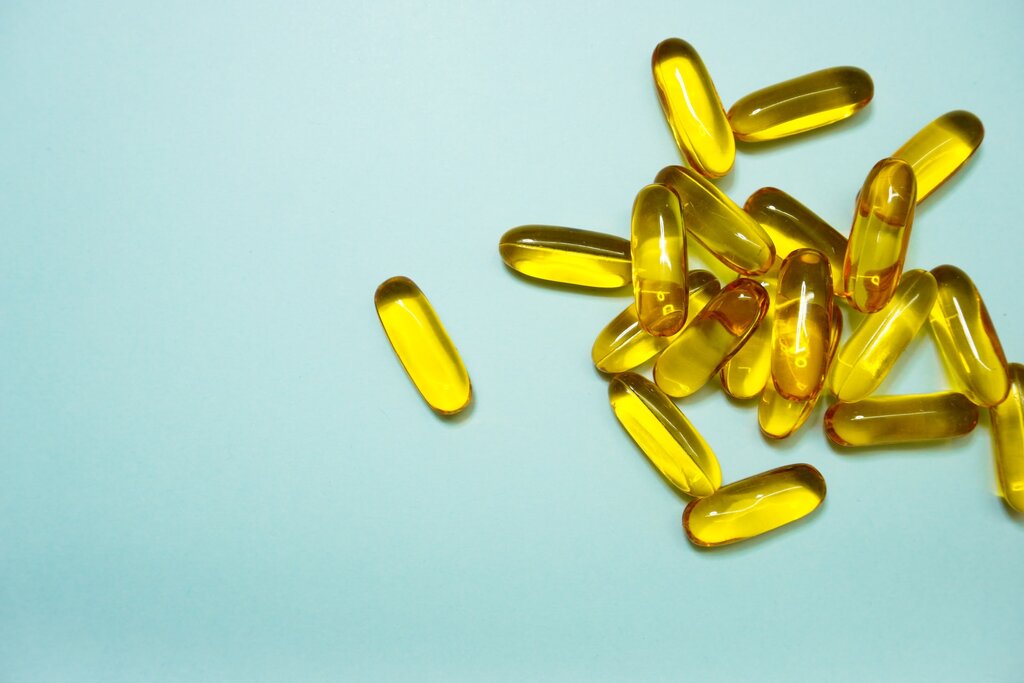Is It Possible to Take Too Much Vitamin D?

Because it may be produced in our bodies when exposed to sunlight, vitamin D is frequently referred to as the "sunshine vitamin." It's been linked to various health benefits, including improved immune system function, better bone health, and even protection against certain cancers.
Can you ever consume too much vitamin D, though? This article will examine the possible side effects of taking too much vitamin D and discuss the best strategies to meet your daily needs. Continue reading to learn more about vitamin D overdose's negative consequences and how to achieve the ideal dosage for good health.
A crucial nutrient that aids calcium absorption, vitamin D. It can be found in fatty fish, such as salmon, fortified milk, and cereals. Vitamin D is also produced when the skin is exposed to sunlight.
Too much vitamin D can lead to a build-up of calcium in the blood, which can cause serious health problems such as kidney stones and heart disease. Speaking to a doctor before taking any vitamin D supplements is essential, as taking too much of this vitamin is possible.
There are two types of vitamin D: vitamin D2 (ergocalciferol) and vitamin D3 (cholecalciferol). Vitamin D2 is found in food, whereas vitamin D3 is produced by the body when exposed to sunlight. Both forms of vitamin D are necessary for strong bones.
To increase and maintain the level of circulating vitamin D, vitamin D3 is more effective than vitamin D2. However, either type of vitamin D can treat deficiency. Talk to your doctor about which type of vitamin D is right for you.
Pros and Cons of Vitamin D
Vitamin D is essential for many body functions, including bone health and immune function. Although getting too much vitamin D is possible, this is typically only a concern if you take supplements or get excessive sun exposure.
The main risk of getting too much vitamin D is that it can lead to high levels of calcium in the blood, which can cause kidney stones and other health problems. If you are concerned about vitamin D intake, talk to your doctor to ensure you get the right amount.
What Foods Contain Vitamin D?
A substance called vitamin D aids in the body's absorption of calcium and phosphorus. It is found in food and supplements. When skin is exposed to sunshine, the body can also produce vitamin D.
Most people do not get enough vitamin D from food and need a supplement to get the recommended daily amount. Your age, amount of sun exposure, and other factors will affect your required vitamin D.
You can get too much vitamin D if you take supplements that contain more than the recommended amount or spend too much time in the sun without sunscreen.
High blood pressure and kidney stones are only two health issues resulting from taking too much vitamin D. If you think you are getting too much vitamin D, talk to your doctor.
How Much Vitamin D Should You Take?
A vital vitamin, vitamin D aids in calcium absorption and bone health maintenance. However, too much vitamin D can be harmful. Adults' recommended daily amount of vitamin D is 600 international units (IU) per day.
People at risk for vitamin D deficiency, such as those with dark skin or the elderly, may need more. The body may accumulate too much calcium if you consume more than 4,000 IU of vitamin D daily, resulting in kidney stones and other health issues. If you take a supplement, talk to your doctor about how much to handle.
Conclusion
Vitamin D is essential for our overall health and well-being, but too much can have serious consequences. Taking a multivitamin with the recommended daily allowance of Vitamin D should suffice in most cases. However, if you consider taking more than this, you should speak to your doctor first.
By understanding your body's nutritional needs and adhering to these recommendations, you can rest assured that you will provide optimal health and protection from any potential dangers associated with excessive Vitamin D intake.
